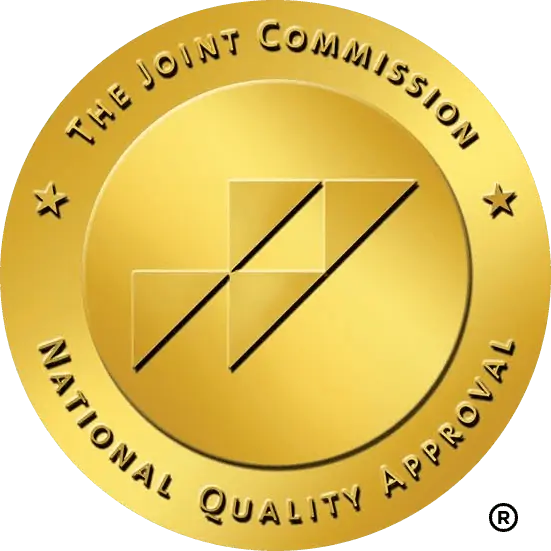Behavioral Health
Behavioral Health Adolescence can be a very turbulent time in young people’s lives. They are contending with hormonal changes, peer pressure, and a growing need and desire for independence, often all at once. Many teens also struggle with new or pre-existing mental health disorders or other stressors at home, school,







